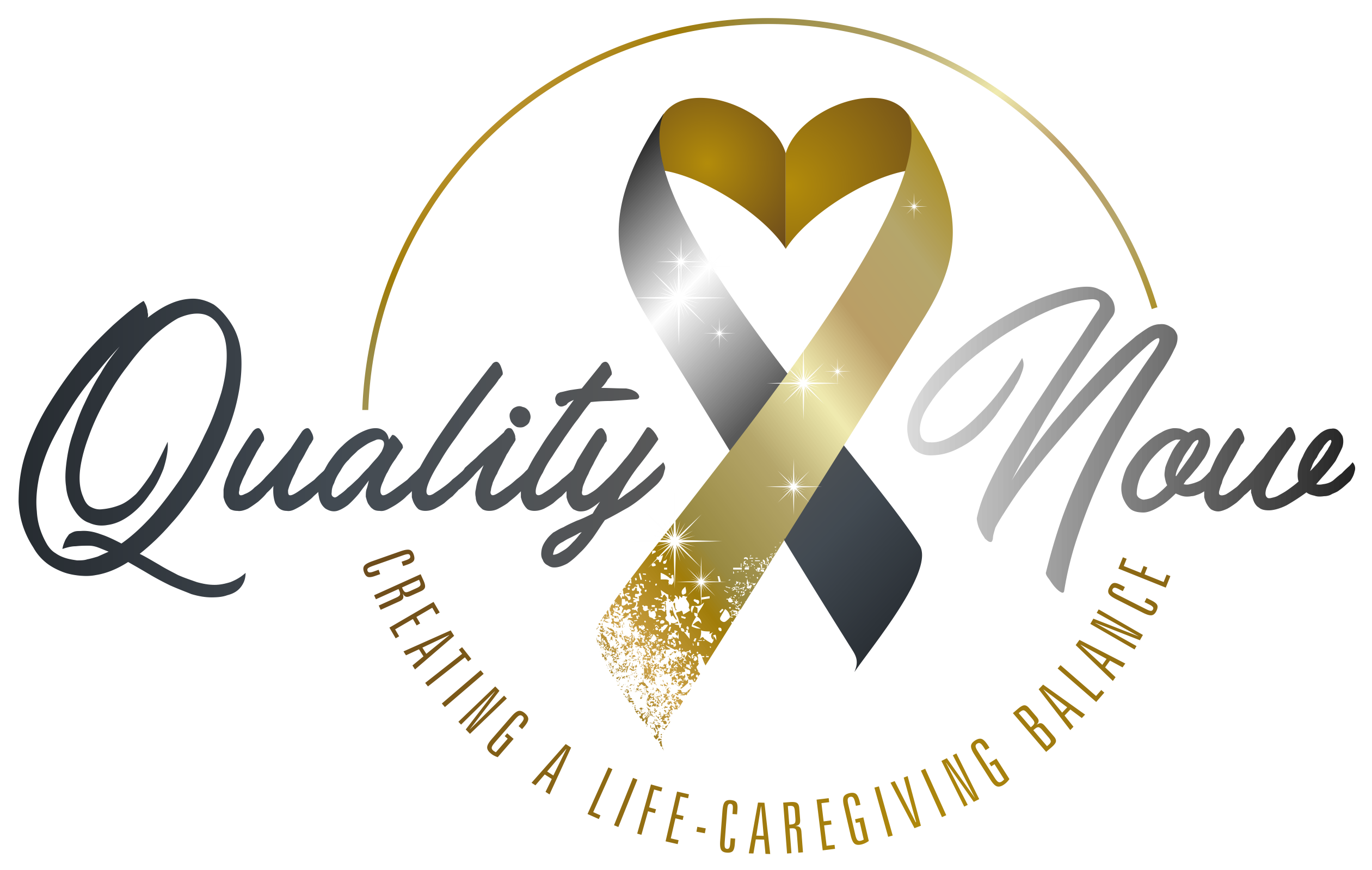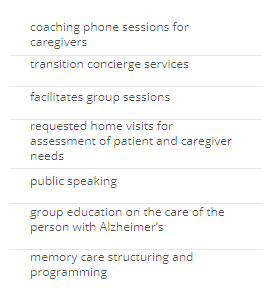
According to the Alzheimer’s Association, approximately 5.8 million Americans are living with Alzheimer’s disease and more than 16 million Americans provide unpaid care for people with Alzheimer’s or other forms of dementia.
These statistics are painful but an inevitable reality, although at times it may seem as if there are several facilities and certified caretakers properly trained to care for people living with Alzheimer’s.
It you don’t work in memory care, then take it from me, a former nurse, chief officer of clinical operations and partner within the skilled nursing industry: The current state of Alzheimer’s care is a rosy portrayal of a diminishing standard. It is the unfortunate truth.
For more than 25 years, I have had first-hand experience caring for people living with dementia and Alzheimer’s. I’ve written evidence-based policy and procedures, developed staffing patterns, ensuring that training was adequate and created ongoing assessments of evidenced-based practices. I participated in the post-acute care evolvement, from reimbursement changes, high-acuity patients, census-driven niche programs and the higher need for memory care. I’ve seen the good, bad and the ugly.
Despite having the power to make constructive change in the field, when it came time to care for my own mother, who received an Alzheimer’s diagnosis, I did not want her living in one of my own facilities.
Why, you may ask? There are several reasons that I don’t believe Alzheimer’s care is where it should be. Here are six:
The culture lacks proper care expectations. Often, facility leaders do not instill a culture of quality expectations.
Staff members often are not evaluated on the training they receive, but rather on general evaluation criteria. Too often, evaluations are a burden for facility leadership and generally are not a priority in their day. Evaluations also are based on surface-level criteria, such as attendance, rather than rigorous skill.
Memory care units are growing, and yet certified nurse aides is not a regulatory requirement. Although some providers still hire certified nurse aides, others do not. This means that direct caregivers are not certified or trained in basic care needs.
Maintaining appropriate staffing levels is a perpetual problem in skilled nursing and memory care. When facilities experience low staffing, turnover and burnout, who suffers the most? Patients and residents.
Many memory care units do not have defined levels of care based on the resident’s/patient’s stage of Alzheimer’s. It is common to see an early-onset Alzheimer’s resident who is wandering and able to feed himself or herself alongside someone who is confined to a Broda chair and unable to feed himself or herself.
A majority of memory care units are private-pay. The average cost of a memory care unit is $5,000 per month. On top of this fact, residents are responsible for their own personal care, medications and incontinent items.
After seeing the good, bad and the ugly, I decided to take matters into my own hands. Having personally experienced the challenges of caring for a loved one with Alzheimer’s, I launched Quality Now with the intention to pave an easier path for other caregivers.
Quality Now uses a habilitative approach to caring for affected people. Habilitative care is a behavioral approach to managing Alzheimer’s and dementia. The resident’s / patient’s capabilities and emotions are consistently engaged daily to produce a sense of well-being. This therapy is designed to focus on their strengths and minimize limitations. The main difference here is that the focus is on on habilitation, not rehabilitation.
My professional recommendation is habilitative care, to help the focus be on what residents can do, not the abilities they have lost.
For more information contact Pamela Reese at Pam@QualityNowCaregiverServices.com Phone: (614) 363-0903




